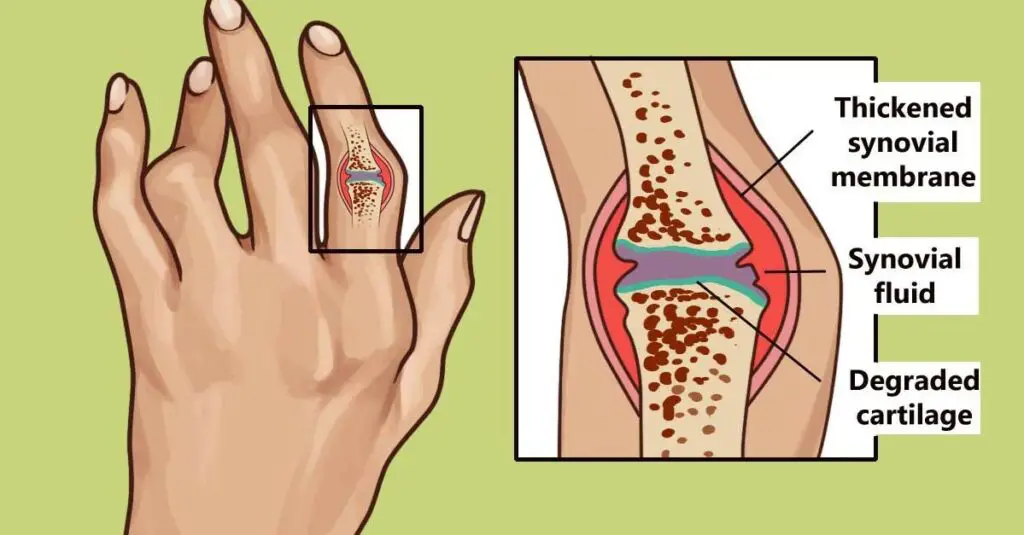Embarking on the journey of dating can be an exhilarating exploration of discovery, connection, and affection. However, for adults who have endured abusive childhoods, this journey may also surface profound fears and obstacles. The residual trauma from such a past can profoundly influence one’s relationship approach, often giving rise to patterns of distrust, apprehension, and even unintentional self-destruction.
This article is dedicated to offering valuable dating advice for those brave individuals who have overcome childhood abuse. Our aim is to provide insightful guidance that can help navigate the intricate labyrinth of dating and intimacy, turning it into a fulfilling and less daunting experience.
Tip 1: Understand Your Trauma
Understanding your trauma involves recognizing and accepting the abuse you endured in the past. This is a crucial first step in healing because it can help you identify patterns that may be impacting your present behavior and decision-making, particularly in your relationships.
The abuse you experienced as a child could manifest in various ways in your adult life. It might cause you to harbor feelings of unworthiness, fear, or distrust, which can shape your interactions with others. You may find yourself sabotaging potential relationships or struggling to form meaningful connections due to these unresolved issues.
Therapy or counseling can be an invaluable resource in this journey towards understanding and healing. A trained professional can provide a safe and supportive environment where you can delve into your past experiences and their impact on you. They can guide you in unpacking your emotions, addressing any negative beliefs about yourself that the abuse may have instilled, and developing strategies to overcome these barriers.
Recognizing and addressing your trauma not only aids personal growth but also paves the way for healthier, more fulfilling relationships. By understanding your past, you can better navigate your present and future, making choices that align with your well-being and happiness.
Tip 2: Communicate Openly
The importance of open communication in dating cannot be overstated, and it is particularly crucial for individuals who have had traumatic experiences in their childhood. The trauma may lead to suppressed emotions or unexpressed needs, which can create misunderstandings and conflicts in a relationship.
Expressing your feelings, needs, and boundaries clearly to your partner allows them to understand you better. It offers them insight into how your past experiences might influence your reactions and behavior, enabling them to respond with empathy and support. Sharing these aspects of yourself also helps set clear expectations in the relationship, reducing the chances of unintentional hurt or confusion.
However, this level of transparency can be challenging. It requires vulnerability, which may feel uncomfortable or even scary, particularly if your past experiences have led you to associate vulnerability with pain or fear. But remember, being vulnerable is not a sign of weakness. On the contrary, it’s a testament to your strength and courage.
Moreover, vulnerability can be a powerful tool for building deeper connections. When you open up to someone and they respond with understanding and acceptance, it fosters trust, intimacy, and a stronger bond between you. So, while it may be difficult at first, open communication is a vital component of healthy, fulfilling relationships.
Tip 3: Trust Takes Time
Trust forms the bedrock of any relationship. It fosters a sense of safety, understanding, and mutual respect. However, for survivors of childhood abuse, trust can be particularly challenging to establish. The trauma endured could have shattered the basic sense of trust in others, leading to apprehension in forming new relationships.
It’s important to remember that trust is not an overnight phenomenon. It takes time to build, often through consistent actions and proven reliability over prolonged periods. You need to give yourself permission to take this time. Be patient with yourself and understand that it’s okay to proceed at your own pace.
Rushing into a relationship or forcing trust before you feel ready can lead to emotional distress and potential misunderstandings. Instead, allow the relationship to grow naturally, gradually opening up as you feel more secure.
Also, it’s essential to communicate your feelings with your partner. Expressing your fears or concerns about trust can help them understand your perspective better and provide the support you need.
Ultimately, building trust after childhood abuse can be a challenging journey, but with patience, communication, and self-care, it’s entirely possible to form meaningful and healthy relationships. Remember, healing is not a race, and it’s perfectly okay to take the time you need to feel comfortable and secure.
Tip 4: Reflect on Your Dating Choices
Reflecting on your dating history is a powerful tool for self-discovery and personal growth. It involves analyzing your past relationships, identifying common patterns, and understanding how these patterns align or conflict with your wants and needs.
For instance, you might realize that you tend to date people who are emotionally unavailable, or that you often compromise your needs to please your partner. These patterns could be indicators of deeper issues, such as low self-esteem, fear of intimacy, or unresolved trauma.
Gaining this self-awareness can guide you towards healthier relationships. When you understand your patterns, you can make conscious efforts to break them. You can set boundaries, communicate your needs more effectively, and seek partners who respect and fulfill these needs.
Moreover, this reflection can also help you identify what you truly want in a relationship. Are you looking for commitment? Independence? Emotional support? Understanding your desires can help you choose partners who align with these goals, leading to more satisfying and fulfilling relationships.
Remember, the purpose of this reflection is not to blame or criticize yourself, but to learn from your experiences and use this knowledge to grow. Be patient and compassionate with yourself during this process. Growth takes time, and every step you take towards self-awareness is a step towards healthier, happier relationships.
Tip 5: Seek Support
Seeking support during challenging times is not just important, but essential. Whether you’re dealing with personal struggles, a difficult relationship, or past trauma, reaching out to others for help can make a significant difference. This support could come from trusted friends, family members, or professional therapists.
Sometimes, due to societal stigma or personal beliefs, individuals may hesitate to seek help, fearing it portrays them as weak. However, the reality is quite the contrary. Asking for help is an act of courage and strength. It requires acknowledging your struggles, accepting that you need assistance, and taking proactive steps toward healing and growth.
Professional therapists, in particular, can provide valuable insights, strategies, and coping mechanisms to help navigate emotional challenges. They can offer a safe, non-judgmental space to express your feelings and work through your issues.
Friends and family can also provide emotional support, comfort, and practical assistance. They can remind you that you’re not alone, and that you are loved and valued.
Remember, everyone needs help at some point. It’s part of being human. Seeking support doesn’t diminish your abilities or worth—it reinforces your resilience, your willingness to grow, and your commitment to your well-being.
Final Thoughts
Dating after an abusive childhood can be a journey filled with both challenges and opportunities for growth. It’s important to remember that healing takes time and patience, and it’s okay to take things at your own pace. With understanding, communication, patience, and support, it’s entirely possible to form healthy, loving relationships. You are not defined by your past, but by who you choose to become.








